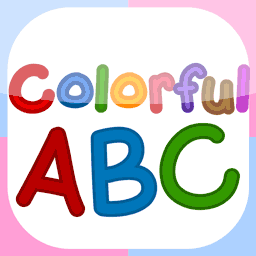Language is an essential part of child development. It is a means of communication for your child. This is also the first step in building social relations that will help develop your child’s personality. Language development helps inculcate problem-solving and thinking skills in your child. It is a means of expression of thoughts, emotions, and ideas for your child. Children learn a language at a remarkably fast rate during their first three years of life, even though it might not seem that way. Amazing, right?
Tips on how to boost language development:
Here are some tricks, we have studied many parents practice! and they do help.
The language timeline.
Language development: the primary eight years
Here is a summary of milestones in language development that you will witness as your child attempts at communication.
3-12 months
Your child probably giggles and smiles at you. Sometimes they even frown. It is not all without meaning. They are exploring their emotions. It is wise for you to reciprocate their attempts at having a conversation with you. The first milestone is the development of babbling. Your child is attempting to copy the words you say to the people around you. This is their first attempt at speech. First words often start by around 12 months. You might hear babbling, jargon, and new words together as your child gets closer to saying first words. If your baby isn’t babbling and isn’t using gestures by 12 months, check with your GP or child and family health nurse or another health care provider.
12-18 months
At this age, children often say their first words with meaning. as an example, when your child says ‘Dada’, your child is calling for dad. within the next few months, your child will keep adding more words to their vocabulary. Your child can understand quite they will say and might follow simple instructions too. as an example, your child can understand you once you say ‘No’ – although they won’t always obey!
18 months to 2 years
As their vocabulary enriches, they will replace small words with sentences. Your child will understand much of what you say, and you’ll be able to understand what your child says to you (most of the time!). Language development varies hugely, but if your child doesn’t have some words by around 18 months, confer with your GP or child and family health nurse or another health care provider.
2-3 years
Your child can speak in longer, more complex sentences now, and is recuperating at saying words correctly. Your child might play and talk at the identical time. Strangers can probably understand most of what your child says by the time your child is three.
3-5 year
You can expect longer, more abstract, and more complex conversations now. for instance, your child might say things like, ‘Will I grow into a watermelon because I swallowed the watermelon seed?’ Your child will probably also want to speak a couple of wide selection of topics, and vocabulary will continue to grow. Your child might show an understanding of basic grammar, as they experiment with more complex sentences that rag like ‘because’, ‘if’, ‘so’ or ‘when’. And you’ll anticipate to some entertaining stories too.
5-8 years
During the first school years, your child will learn more words and begin to grasp how the sounds within language work together. Your child will become a much better storyteller, as they learn to place words together in several ways and build differing kinds of sentences. These skills also let your child share ideas and opinions. By eight years, your child is ready to have adult-like conversations.

